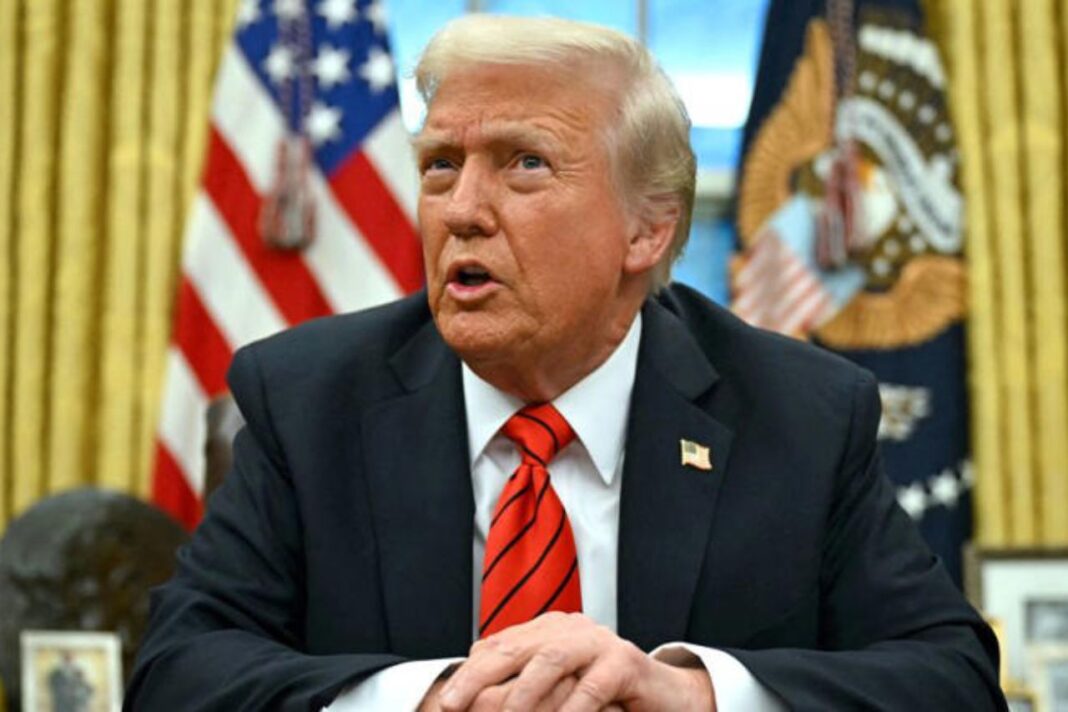Lately, there’s been a buzz around President Donald Trump’s policies hitting roadblocks in court, raising a big “what if” question: Could the executive branch actually ignore the federal judiciary? If that ever happens, it could shake the very foundation of how our government balances power across its three branches.
But here’s the thing—it’s not just a legal puzzle. It’s a constitutional cliffhanger! Courts have the final say in disputes, and their ability to enforce rulings has kept our system in check for centuries. So, what happens if one branch just… stops listening?
The Big Question: What If the Courts Are Ignored?
Legal experts say the options for courts to enforce their rulings are limited. The most common response? Holding an agency or official in civil contempt, which allows judges to impose escalating fines. Sounds effective, right? But what if those fines are ignored too?
Michael Dorf, a constitutional law professor, explains, “If they’re willing to defy the order in the first place, they might also defy the sanctions.”
Another option—criminal contempt—could bring even more drama, but it’s a tough road. Why? It requires the Justice Department, which answers to the president, to initiate the charge. Yep, you guessed it: tricky dynamics at play here.
Real-Life Examples and Political Ripples
The idea of a president defying courts isn’t entirely new. Richard Nixon, during the Watergate scandal, initially refused to hand over White House tapes. He eventually did—but only after a Supreme Court smackdown.
Fast forward to today, and the chatter around defiance is stirring up speculation. Vice President JD Vance recently questioned whether courts can block Trump’s agenda, sparking criticism. Even Trump himself chimed in, stating, “I always abide by the courts, but appeals take time.”
Political analysts like David Cole from Georgetown Law believe the fallout from outright defiance wouldn’t just be legal—it’d be political. “If a president were to defy a court order, it would cause a political firestorm,” Cole says. And that’s a mess no administration wants to clean up.
What About Congress?
Historically, Congress has acted as a check when the executive oversteps, but things are a bit different now. Dorf notes that congressional Republicans have shown unwavering support for Trump, which makes tools like impeachment unlikely in the current climate.
Some Republicans, though, have stood by the judiciary. Senator John Kennedy from Louisiana put it simply: “That’s why God made courts of appeal. That’s why God made the US Supreme Court.”
The Bottom Line
While defying court orders makes for dramatic headlines, experts believe it’s unlikely to happen outright. The backlash—legal, political, and public—would be immense. Courts, Congress, and the people all play crucial roles in keeping our democracy’s balance intact.
This isn’t just about Trump or his policies; it’s about ensuring the rule of law prevails, no matter who’s in charge.


